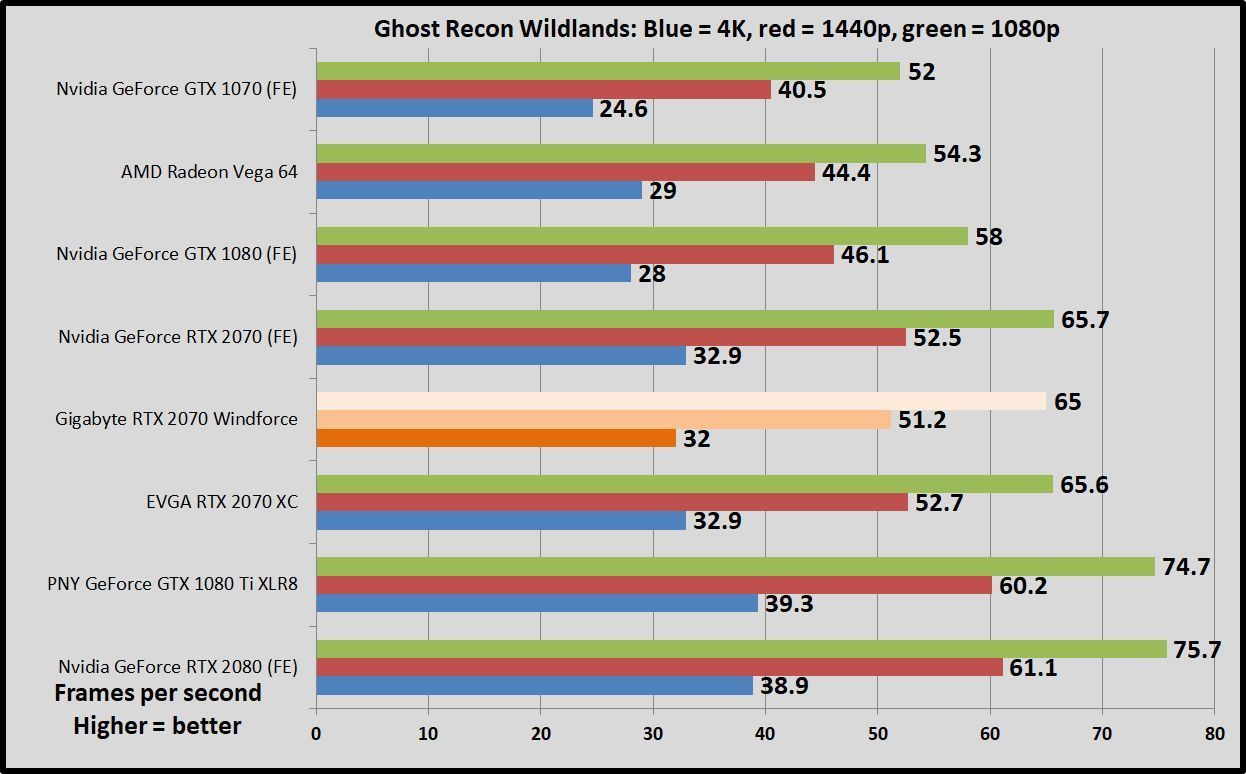
Every module also contains two environment variables named $RCAC_APPNAME_ROOT and $RCAC_APPNAME_VERSION identifying its installation prefix and its version. Most modules on Anvil include extensive help messages, so users can take advantage of the module help APPNAME command to find information about a particular application or module. The following have been reloaded with a version change: $ module load intel/19.1.3.304 # load a specific version of Intel compiler $ module list # see currently loaded modules Following example shows that the module system automatically unload the default Intel compiler version to a user-specified version: $ module load intel # load default version of Intel compiler When users load a module, the module system will automatically replace or deactivate modules to ensure the packages you have loaded are compatible with each other. Users are advised not to insert module load commands in their bash profiles, as this can cause issues during initialization of certain software (e.g. It is recommended that users explicitly specify which modules and which versions are needed to run their codes in their job scripts via the module load command. When users log into Anvil, a default compiler (GCC), MPI libraries (OpenMPI), and runtime environments (e.g., Cuda on GPU-nodes) are automatically loaded into the user environment. This module can be loaded directly: module load intel/19.1.3.304 $ module spider intel/19.1.3.304 # additional details on a specific module $ module spider intel # all modules with names containing 'intel' The module spider command can also be used to search for specific module names. The following is a list of the modules and extensions currently available: A list of all available modules on the system can be found with the module spider command: $ module spider # list all modules, even those not available due to incompatible with currently loaded modules This helps avoid conflicting libraries and dependencies being loaded at the same time. Lmod is a hierarchical module system, meaning a module can only be loaded after loading the necessary compilers and MPI libraries that it depends on.


The associated module command can be used to load applications and compilers, making the corresponding libraries and environment variables automatically available in the user environment. The Anvil cluster uses Lmod to manage the user environment, so users have access to the necessary software packages and versions to conduct their research activities.


 0 kommentar(er)
0 kommentar(er)
